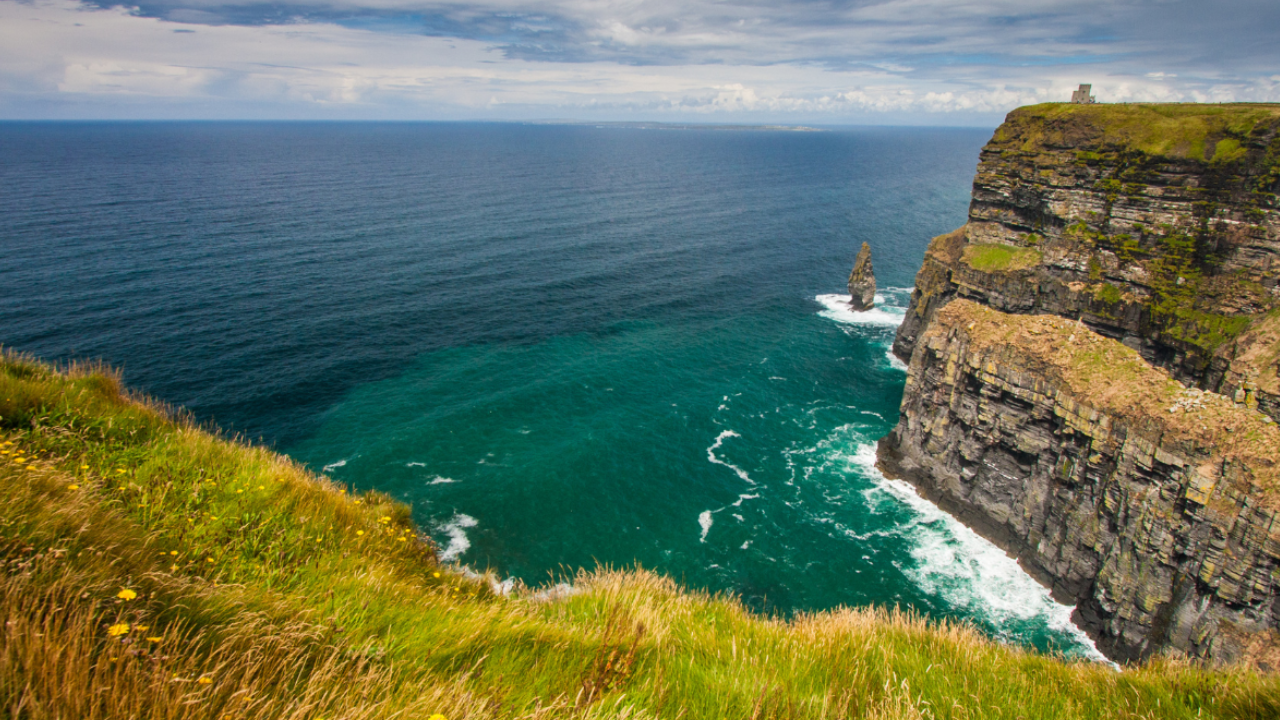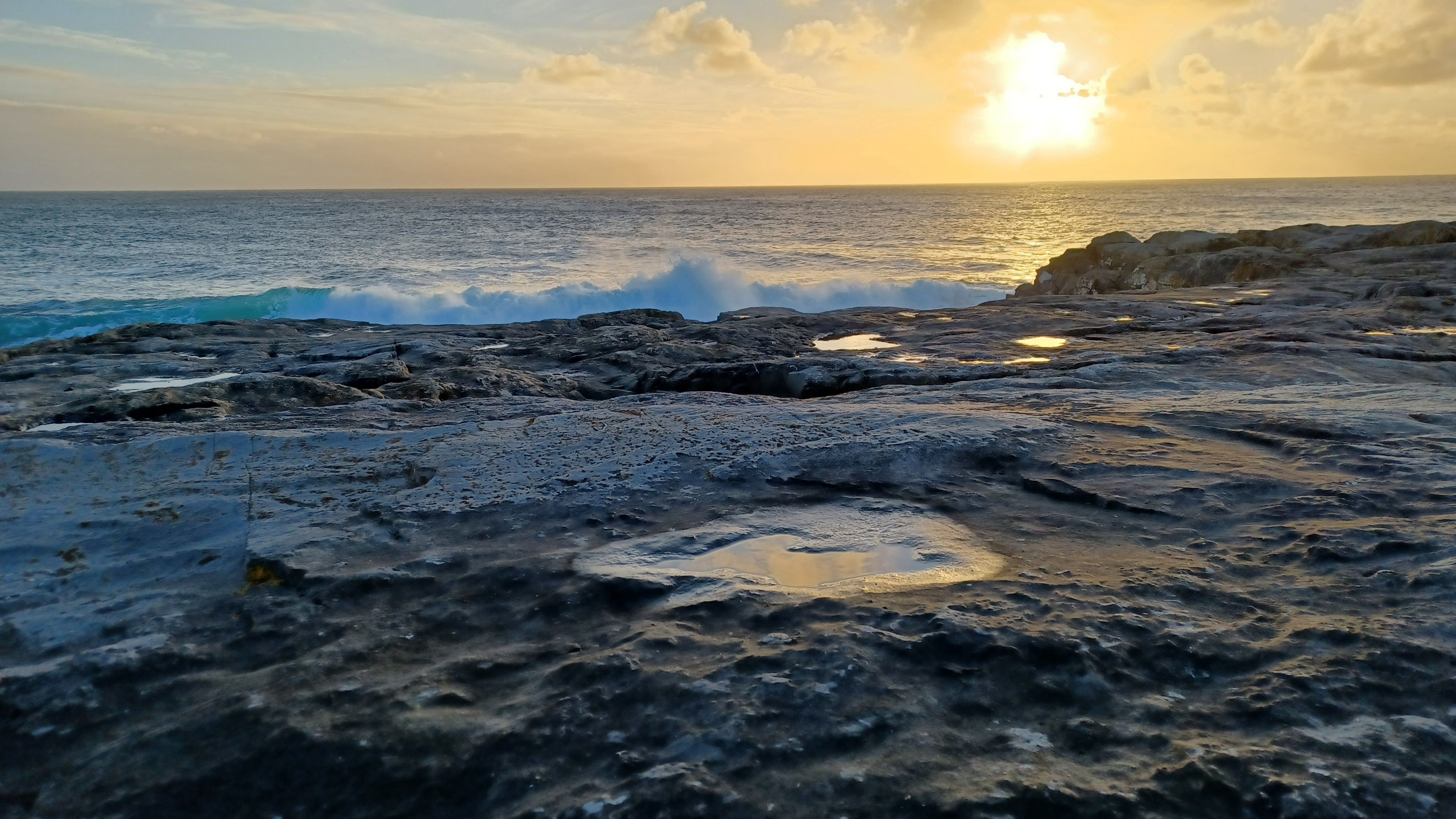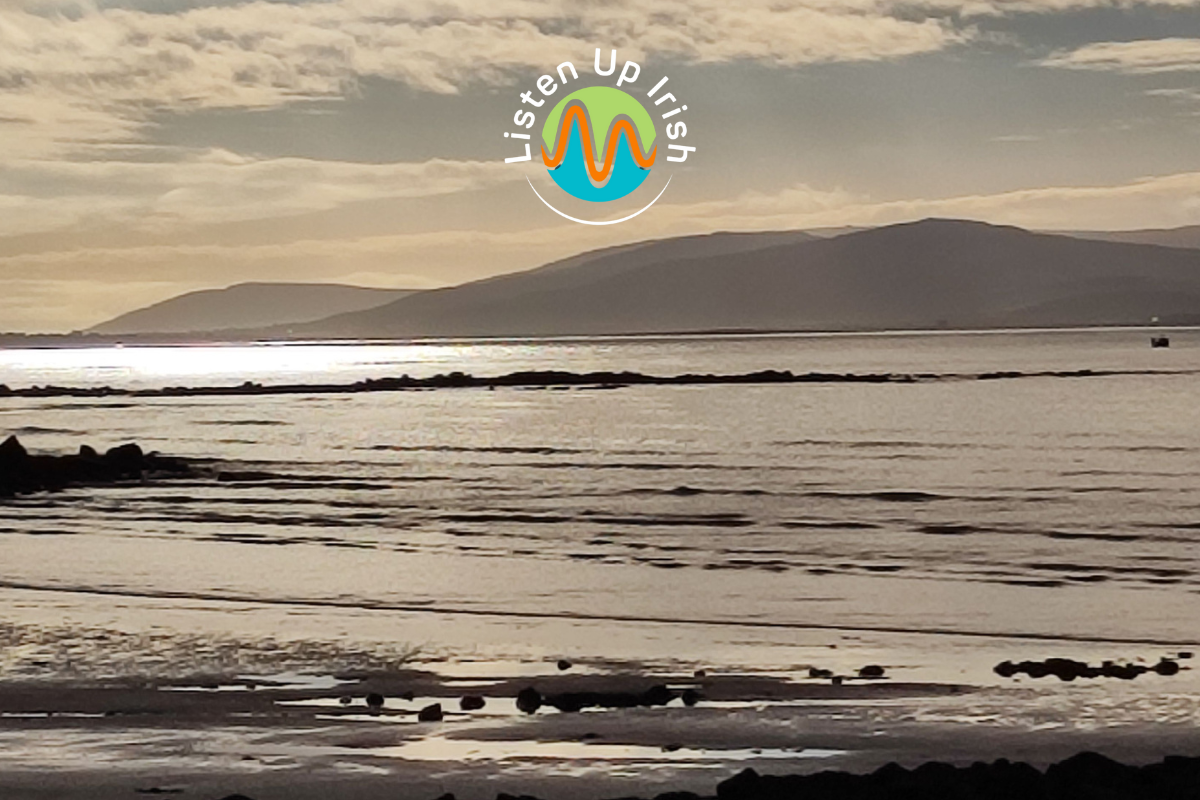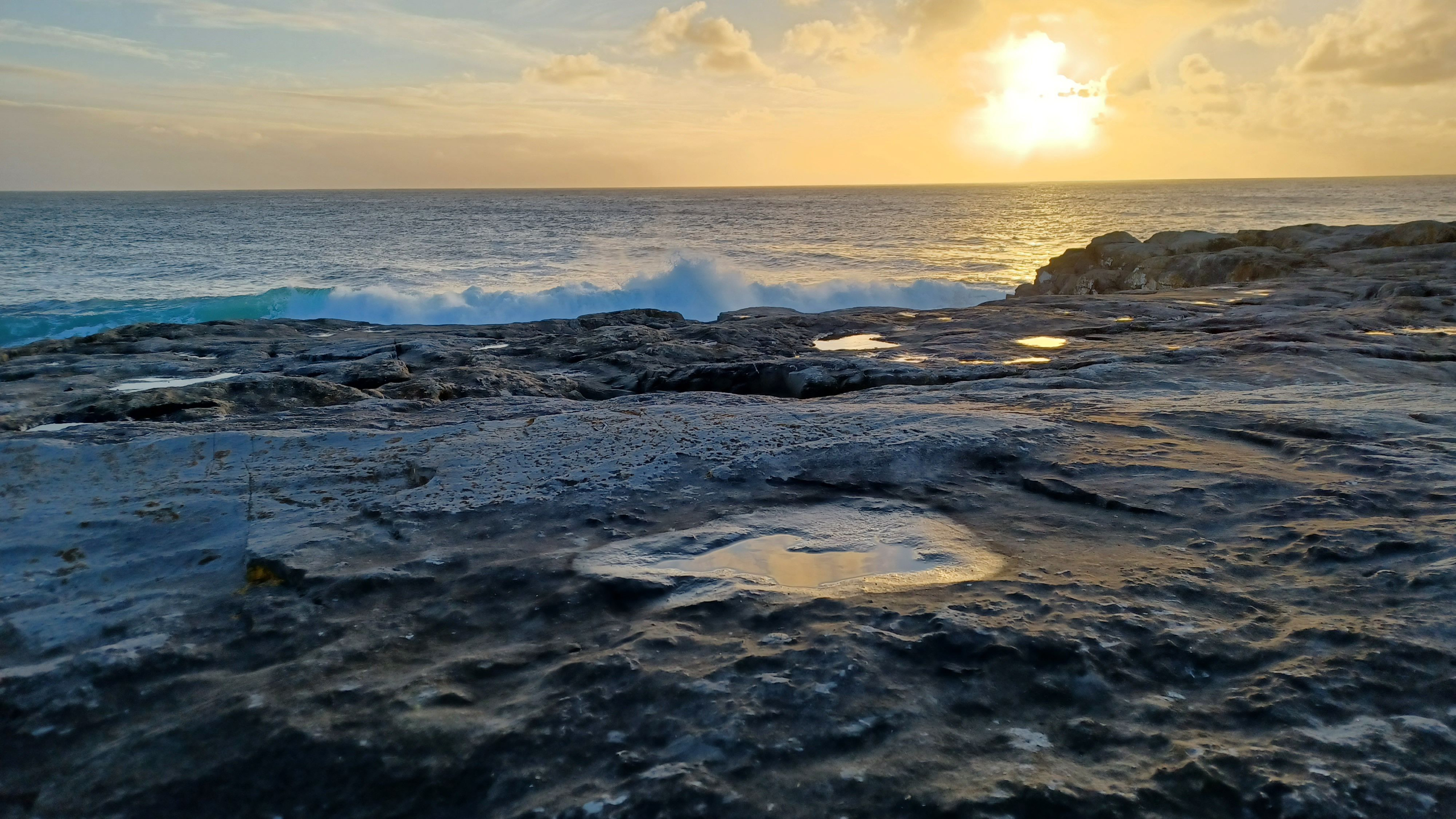Idir dhá chomhairle / in two minds
'Idir’ can be used to mean either ‘between’ or ‘both’, and is used in lots of everyday phrases in Irish. Read the article below and then watch the short video to hear some of these phrases.
Both or between?
If the meaning is ‘both’ then there will be a sound change:
Tá idir bhuntáistí agus mhíbhuntaistí ag baint leis an bplean sin / There are both advantages and disadvantages to that plan
If the meaning is ‘between’ (in terms of distance between two places, or in terms of time) then there is no séimhiú:
Stop an carr áit éigin idir Baile Átha Cliath agus Gaillimh / The car stopped somewhere between Dublin and Galway
Bhí sé idir meánoíche agus a haon a chlog sular thit mé i mo chodladh / It was between midnight and one o’clock before I fell asleep
How to remember this:
Just remember that there is a H in botH, but not in between!
Between us
As always the preposition 'idir' will combine with pronouns (me, you, him, her etc); but in the case of 'idir' it only combines with the plural pronouns (us, ye, they) to give us the following:
eadrainn / between us
eadraibh / between ye
eatarthu / between them
If two people fall out you could say :
D'éirigh eatarthu (lit. it rose/something came up between them!)
If you're not sure which option to pick you could say:
Tá mé idir eatarthu (lit. I'm between the two of them, the two options)
And how about this lovely expression (try saying 'idir eatarthu' quickly 10 times)
Níl aon idir eatarthu ann! / There's no middle ground
Test Yourself!
Test yourself with the following sentences. Scroll down to read the answers under the picture. No peeking ;-)
1. The office is between Tralee (Trá Lí) and Cork (Corcaigh)
2. I fell asleep on the bus between midday (meánlae) and one o'clock
3. There was both cake and sandwiches (ceapairí) on the table
4. They fell out
5. There was both music (ceol) and dancing (damhsa) at the party
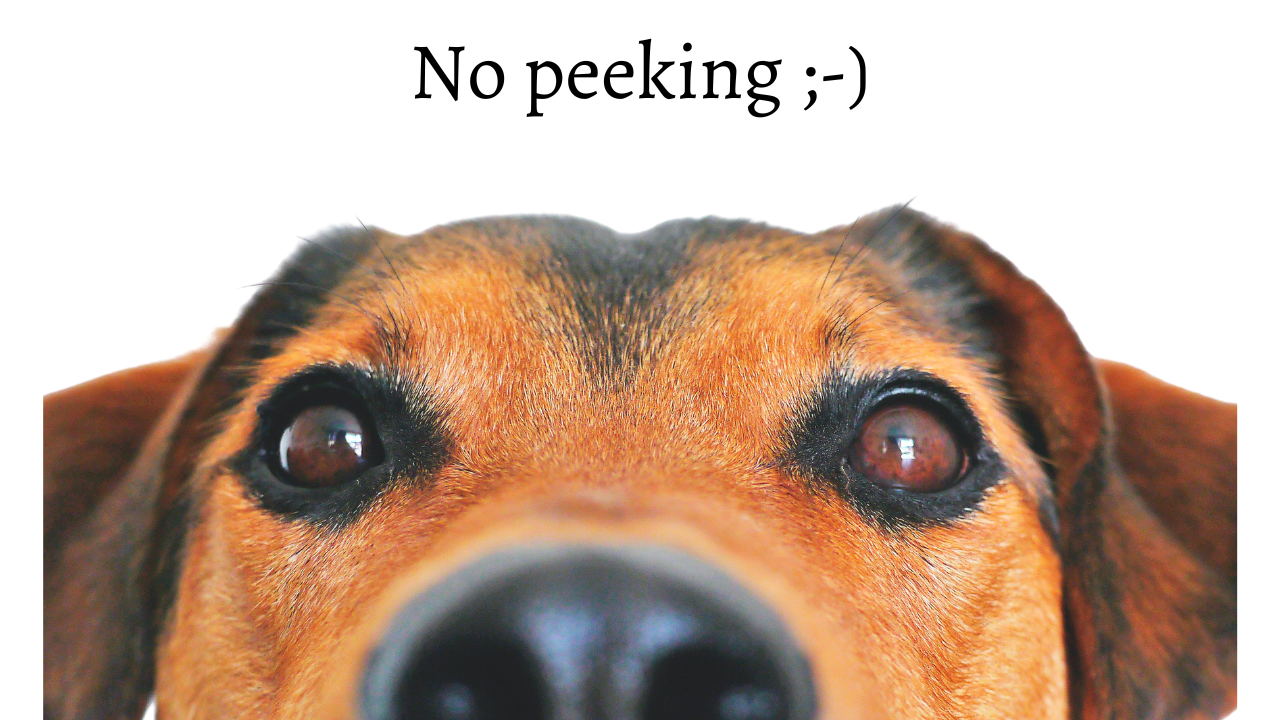
Freagraí
1. Tá an oifig idir Trá Lí agus Corcaigh
2. Thit mé i mo chodladh ar an mbus idir meánlae agus a haon a chlog
3. Bhí idir cháca agus cheapairí ar an mbord
4. D'éirigh eatarthu
5. Bhí idir cheol agus damhsa ag an gcóisir (rem. dntls - agus damhsa (no 'h'))

